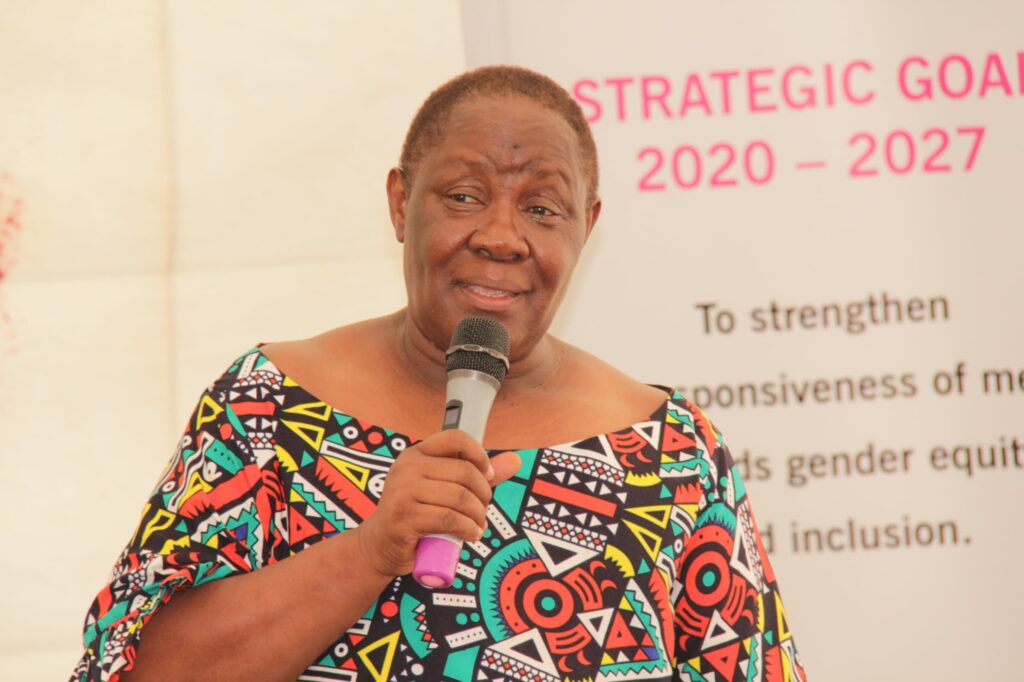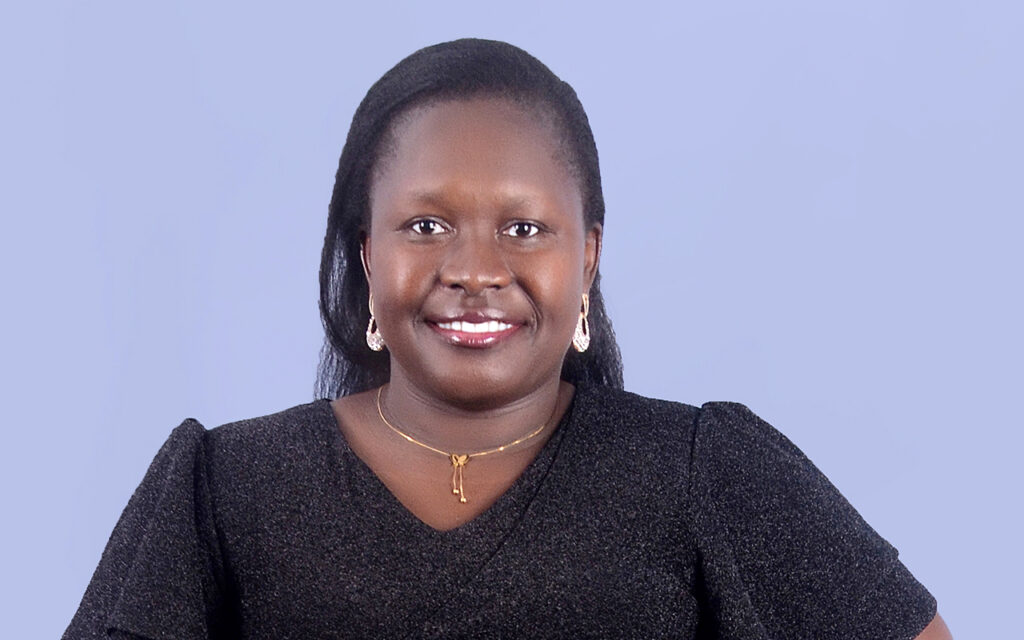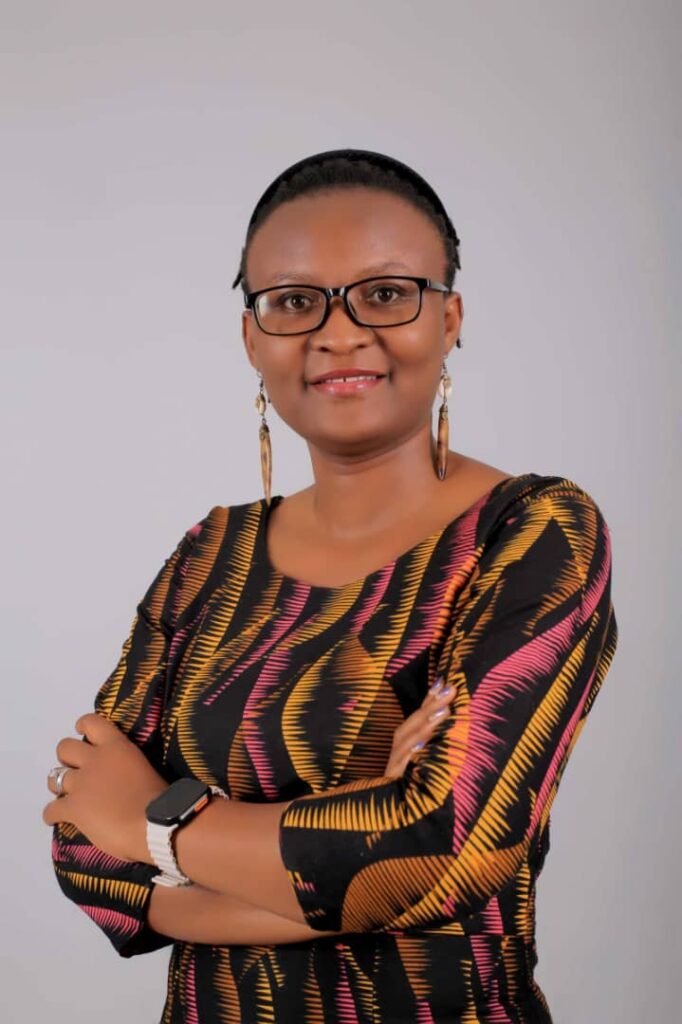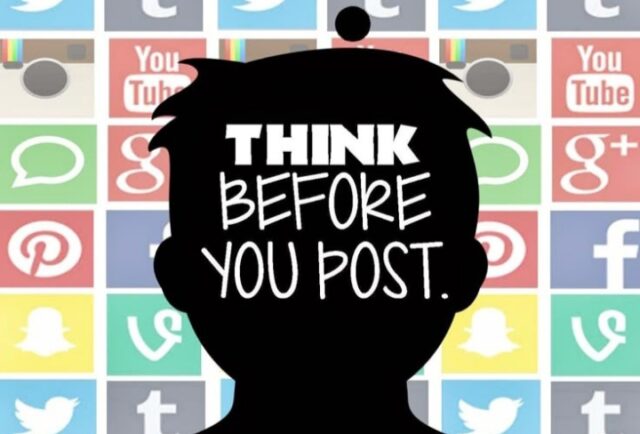Women are often the gender most affected by online violence, and the number of cases continues to rise each day.
You may wonder why women are more vulnerable to online harassment than men and what has been done to address this issue. Types of online violence that target women include account hacking, cyberstalking, doxxing, masquerading, image-based sexual harassment, body shaming, among others.
These issues have had a negative impact on their lives and, in many cases, scared women away from using social media for fear of being targeted.
However, although sustainable development goal number 5 aims at achieving gender equality and empower women and girls, you may ask yourself how this can be achieved especially now that cases on online harrasment against women and girls is rising day after day.
In Uganda, 49% of women have experienced online violence, with 18% reporting sexual harassment compared to 8% of men. This highlights that women are more frequently targeted.
This calls for attention to raise awareness among women on how to stay safe online and avoid falling into the traps of online harassment. It should be noted that, sometimes unintentionally, women make themselves more vulnerable by engaging in actions that expose their privacy online, thereby attracting violators.
One of the issues that make women vulnerable is setting weak passwords for their accounts, such as email, Facebook, Twitter (now known as X), LinkedIn, and others. This makes it easier for hackers to access their accounts and misuse them in ways that damage their reputation, making it difficult for them to prove their innocence in the public eye.
Are you wondering how people know about your movements? Activating location services on devices such as phones reveals your whereabouts at any given time, allowing others potentially enemies to target your family or close relatives, knowing you’re not with them at that moment. So, why would you need to activate your location?
More still, alerting others to your location is another dangerous risk. Statements like, ‘Attending a meeting at….. hotel should be avoided. There’s no reason to share your whereabouts, what you’re doing, and how long you’ll be there on social media. Don’t you think this puts you at risk by giving your enemies the information they need to find you in case of any intended harm?
Furthermore, posting photos of your success online can also be a risk. Not everyone will rejoice in your achievements. You never know if someone might misuse your photo and caption it negatively to tarnish your reputation. Are you sure this is what you want to happen to your life?
Additionally, parents who post pictures of their children online should be cautious. Even worse, some post images of their children in school uniforms, clearly exposing them and alerting potential kidnappers about where to find their kids in case of harm.
Furthermore, a parent from the same school may recognize your child and use that information for harmful purposes. We should choose to protect our children rather than expose them.
The research conducted by the Uganda Media Women’s Association (UMWA) indicated that women in certain roles, such as female politicians, are targeted because of their political positions, female journalists are attacked online for delivering and sourcing information, and activists advocating for women’s rights also face online attacks.
This highlights the need for them to be cautious about how they use digital spaces.
Executive Director at UMWA, Margret Sentamu, has organized several training sessions on digital safety for female journalists as a way of raising awareness about the importance of staying safe online. These trainings have helped many attendees understand how best to protect themselves online. ‘We have seen female journalists attacked online with the intent to intimidate them and hinder their journalistic work, which motivated us to train them and ensure they know how to stay safe in the digital space,.”Stresses Margret

According to Irene Abalo Otto, a multi media journalist and mentor, while online harassment cases are rampant, women can take steps to stay safe online. These include setting strong passwords for their accounts, avoiding the use of public Wi-Fi without enabling a VPN, signing out of accounts, especially after using public or office computers, deciding who can follow them, and controlling who can tag them in posts, among other measures.” You don’t need to follow or be followed by people who add no value to your life, nor should you allow yourself to be tagged by anyone in a post. Learn to decide what you want to do online and how to do it,” Irene emphasizes.
However, Irene notes that people with malicious intentions often choose comments at random to damage someone’s marriage, career, and other aspects of their life, and the victim has no control over what is being said.
She emphasizes that it is important to control the image you potray to the world, as it cannot be easily undone. In fact, this helps you build a support network of people who can boldly stand up and defend you in case you are harassed online.
“Personal matters and life issues will always be the subject of speculation, and how you respond sometimes fuels further speculation. Therefore, be careful about how you present yourself to the world.” Irene cautions

Brenda Namata, the Programs Coordinator Strategic Gender Initiatives and Advocacy at Pollicy recognizes that as work shifts to digital spaces and new technologies emerge, the issue of online abuse against women continues to rise.
She revealed that Pollicy is focused on creating a safe space for women in the digital world byintroducing the Afro Feminist Internet Scorecard, a stakeholder approach aiming to improve the safety of women, especially female journalists, online, while also promoting inclusivity for women in the digital space.

Dear women, before focusing on what the law has done to punish perpetrators, remember that the responsibility for staying safe online lies in your hands. You have the power to protect your online spaces and save yourself from the pain of trying to clear your name after experiencing online harassment.” It starts with you




